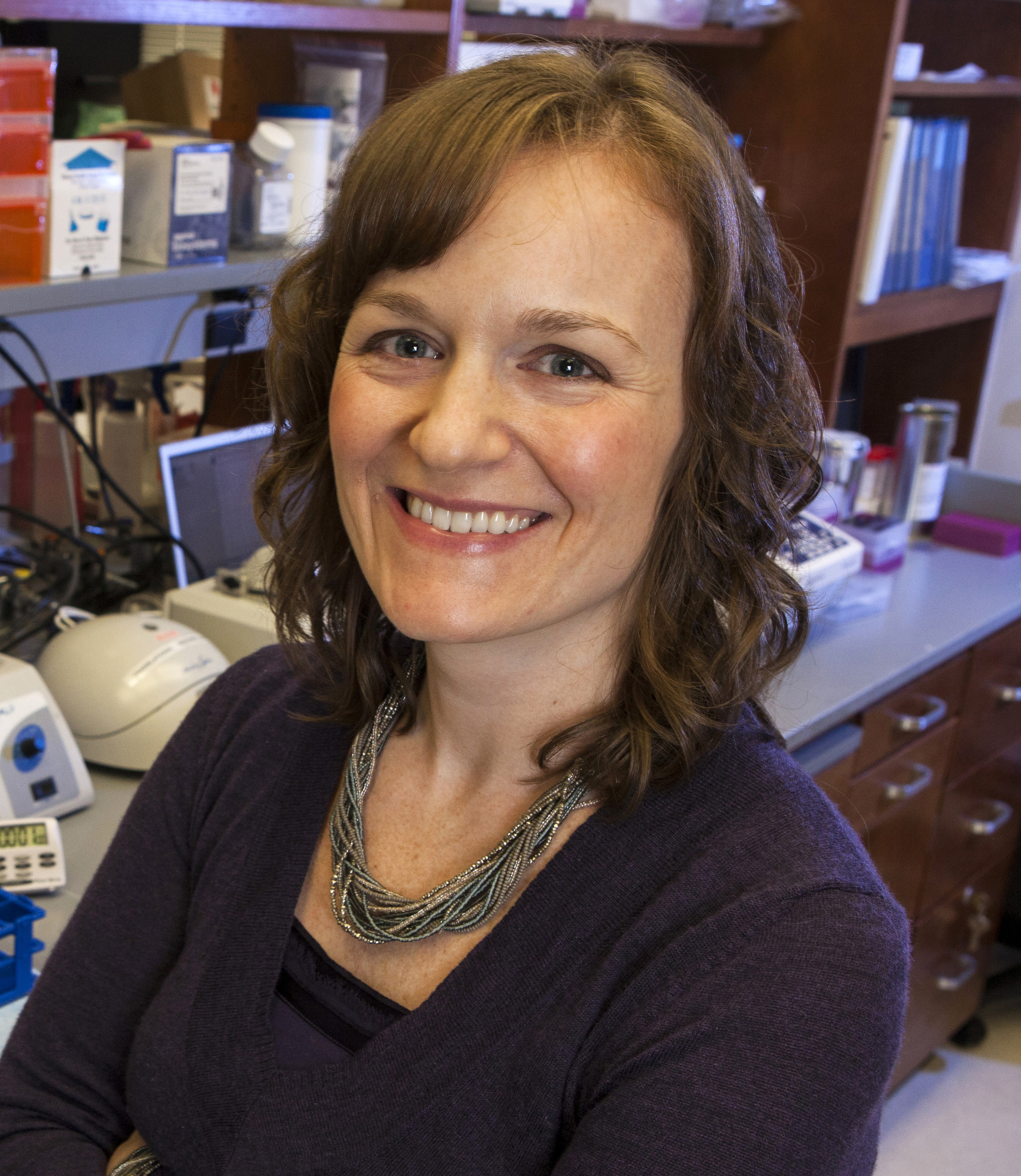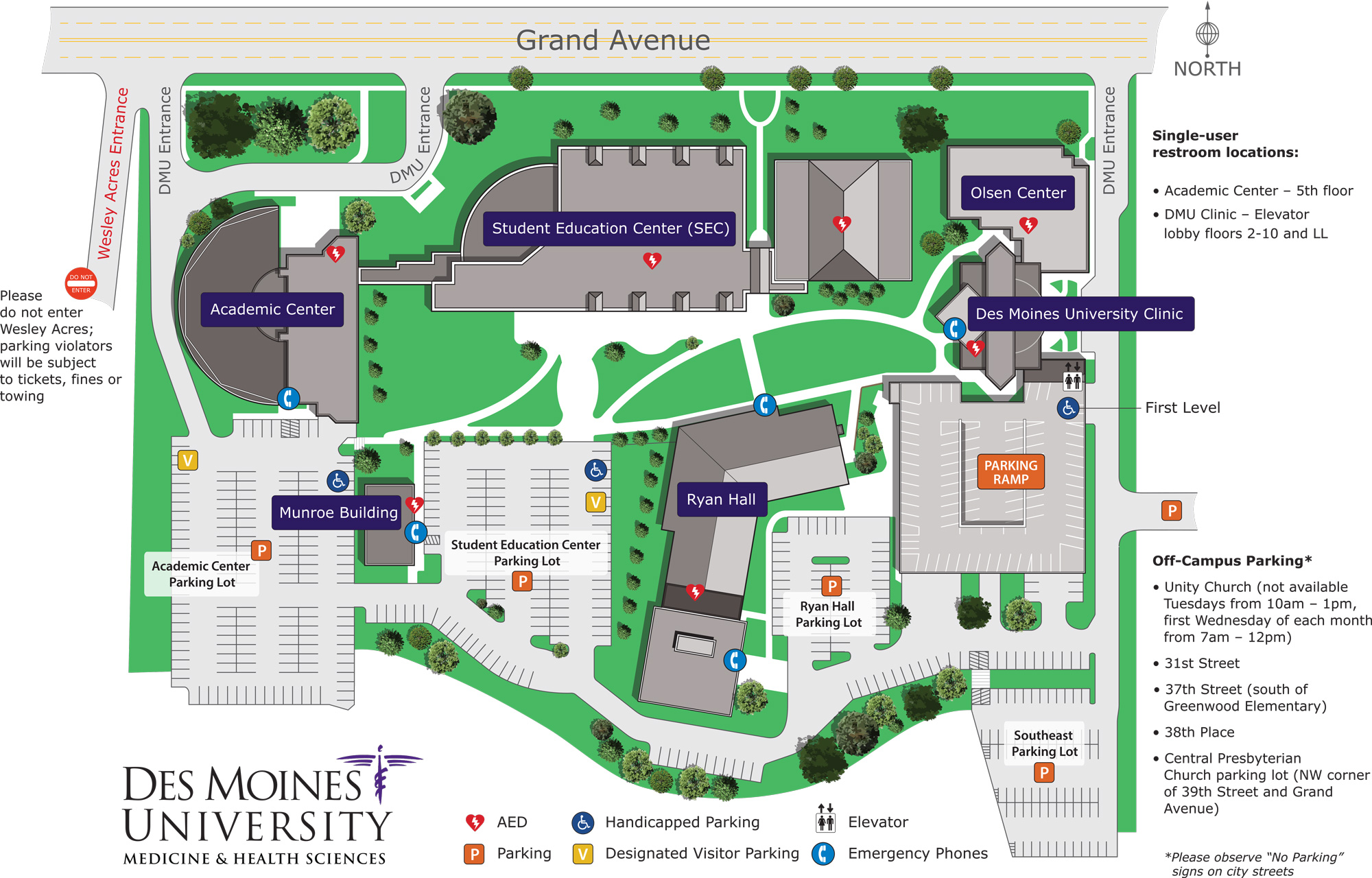The Role of Foundational Sciences in Clinical Years

| Registration |
|---|
|
Series Description
Basic science education in the medical curriculum is facing a challenge. Despite the fact that health science curricula teach foundational science integrated with clinical science, lecture halls are essentially empty and students rely more and more on review books to prepare for USMLE Step 1. How can basic science instruction continue to fulfill its mission of providing a scientific approach to the practice of medicine? The IAMSE spring series is addressing this question by presenting several new approaches to improve foundational science instruction beyond integration with the clinical sciences. After an introduction that describes the challenge and proposes new roles for basic science educators, the audience will learn from the experiences of a lecture-free curriculum, from a curriculum with foundational science instruction during the clerkship years and from schools who place USMLE Step 1 after clinical clerkships. Finally, the audience will hear the latest status on the role and impact of USMLE Step 1 on medical education. The series will provide participants with a better understanding of the issues and current trends in novel foundational science curricula.
Webinar Description
Traditional medical curricula generally place the majority of foundational science learning into the pre-clerkship years. Yet, it has been recognized that foundational science education should occur across the medical curriculum to promote excellence in clinical performance. This session will provide participants with an innovative approach to integrating foundational sciences and meaningful clinical experiences in the post-clerkship curriculum. Participants will learn about several educational strategies and the resources necessary to achieve successful integration of foundational sciences and patient care. Furthermore, participants will recognize the challenges and learn practical solutions of this approach in order to implement post-clerkship foundational science integration at their own institutions.
In the Fall of 2018, the ACGME released its second CLER National Report of Findings, which details findings from the second set of visits to nearly 300 ACGME Sponsoring Institutions with 3 or more core residency programs. During the webinar, we will present findings from the report, as well discuss changes over time since the first cycle of CLER visits.
Speaker

Kimberly Dahlman, PhD is an Assistant Professor of Medicine, Curriculum Leader of the Integrated Science Courses (ISCs), and Director of the Innovative Translational Research Shared Resource (ITR) at Vanderbilt University Medical Center. Dr. Dahlman earned her PhD in Cancer Biology at Vanderbilt University and completed her postdoctoral fellowship at Memorial Sloan- Kettering Cancer Center. She has demonstrated leadership in education for medical students, biomedical science PhD trainees, postdoctoral fellows, practicing oncologists, and core facility directors. She currently oversees the development and execution of 16 ISCs and co-directs the “Clinical Cancer Medicine” ISC. She has been recognized for her excellent contributions to education at the Vanderbilt University School of Medicine (VUSM) by election to the Academy for Excellence in Education and a Member-at-Large position on the Academy Board. Recently, she was awarded the distinction of Master Science Teacher from VUSM. Dr. Dahlman is also President of the Southeastern Association of Shared Resources where she oversees the educational programming and execution of a regional professional development meeting for shared resource directors, managers, administrators, and staff.
In addition to her educational pursuits, Dr. Dahlman directs a cancer research laboratory with a focus on determining how genomic alterations modulate tumor growth and the response to standard-of-care and investigational therapies. The overall goal of her scientific research is to uncover novel cancer therapeutic targets and biomarkers. As ITR Director, she designs and manages correlative study workflow, quality assurance, and quality control for cancer clinical trials.

Des Moines University is located on a 22-acre campus in the heart of Des Moines, Iowa. Just west of downtown on Grand Avenue, the University is located in one of Des Moines' most prestigious neighborhoods. The campus is in a historic neighborhood filled with tree-lined streets and gracious older homes and businesses. Its central location makes it easy to access the rest of the city and outlying communities. The campus is close to the Des Moines International Airport, located on the bus line and just blocks from local shopping and downtown Des Moines.

Available Credit
- 1.00 CE Contact Hour(s)

 Facebook
Facebook X
X LinkedIn
LinkedIn Forward
Forward